Is Your Health Suffering Due to Vitamin B12 Deficiency?
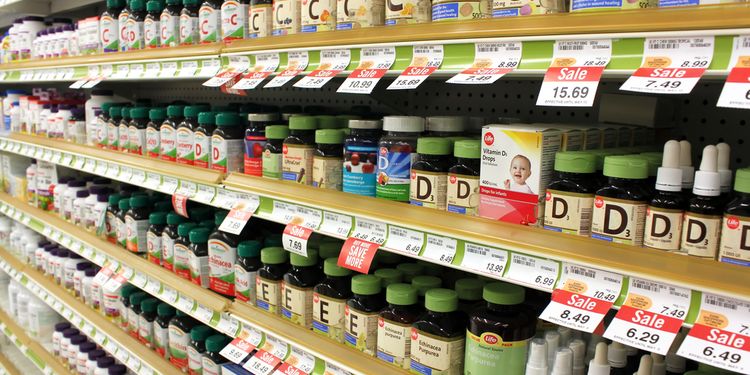
Vitamins are more than pills you can take to “be healthy.”
Vitamins are organic compounds essential to life. The foods you eat are full of them, hence the need to eat daily! Without them, your body couldn’t function, and you would die.
Your body uses different vitamins to do different things, like produce energy for your cells, protect your cells from damage, and regulate tissue growth.
Vitamin B12 is a key nutrient in regulating mood, energy levels, memory, digestion, and the health of your heart and skin. In short, it’s a vitamin you want to be sure you’re getting enough of!
Ideally, you would provide your body with all the B12 it needs by eating a healthy diet. However, evidence points to vitamin B12 deficiency as one of the most common nutrient deficiencies in the world.
If you’re suffering from chronic fatigue, joint pain, dizziness, depression, or digestive issues, there’s a good chance you yourself are suffering from a B12 deficiency.

What is Vitamin B12?
Vitamin B12, aka cyanocobalamin, is a “water-soluble” vitamin. Unlike “fat-soluble” vitamins, which can build up in your body’s fatty tissues, water-soluble vitamins aren’t stored in your body for very long.
If your body detects an excess of vitamin B12, it will simply flush it out in your urine. That means you need to replenish your body’s stores of vitamin B12 daily.
It’s vital you do, because vitamin B12 does quite a lot in your body! Its many tasks and functions include:
- Converting carbohydrates into glucose, which your body uses as energy
- Aiding in the neurotransmitter signaling process that helps muscles contract
- Boosting neurotransmitter function and protecting nerves from damage
- Regulating immune function
- Helping to maintain healthy levels of red blood cells
- Facilitating the production of SAM, a compound critical for mood regulation and neurological function
- Reducing the risk of heart disease by regulating levels of homocysteine in the blood
- Playing key roles in cell reproduction and the creation of nucleic acid, aka DNA
- Helping to produce digestive enzymes
- Supporting healthy levels of “good” bacteria in the gut

What Causes Vitamin B12 Deficiency?
Science has yet to pinpoint a single, definitive cause for vitamin B12 deficiency. There are a few potential causes, however.
The most obvious is a simple lack of sufficient intake, i.e., you’re not taking in enough vitamin B12! Vitamin B12 is found in animal products (meat, fish, milk, and yogurt), so if you’re vegan, vegetarian, or someone who eats very small amounts of animal products, then you’re at a higher risk of vitamin B12 deficiency.
Another potential cause of vitamin B12 deficiency is low stomach acid. Vitamin B12 requires stomach acid to be properly broken down and absorbed. So, even if you’re eating plenty of vitamin B12-rich foods or even supplementing with it, if you have low stomach acid, your body may not be getting as much as it needs.

Aging, smoking cigarettes, alcoholism, chronic stress, low thyroid function, digestive issues (like leaky gut), and regular use of antacid medications can all contribute to reduced stomach acid levels and thus insufficient levels of vitamin B12.
Dr. Kelly Brogan suggests that other potential causes include a diet high in gluten, processed and GMO foods, using blood sugar-regulating medications like Metformin, and having the autoimmune disorder pernicious anemia or an H. pylori bacterial infection.
Stomach bypass surgeries can affect vitamin B12 absorption as well, and research shows that exposure to nitrous oxide damages vitamin B12 in the body. Potassium supplements can also reduce B12 absorption.
Finally, studies show that drinking more than four cups of coffee a day can reduce vitamin B12 levels in your body by up to 15%!

How Do I Know If I’m Deficient in Vitamin B12?
If you suffer from any of the following symptoms, you might be vitamin B12 deficient:
- Chronic fatigue
- Weak, achy muscles
- Poor memory, focus, and/or concentration
- Mental disorders like depression, anxiety, bipolar, psychosis
- Alzheimer’s or dementia
- Cancer
- Infertility
- Heart disease
- Heart palpitations
- Learning or developmental disorders
- Dizziness, shakiness, numbness or “tingly” feelings at the extremities
- Joint pain
- Shortness of breath or difficulty breathing
- Digestive issues, such as diarrhea, cramping, or nausea
- Abnormally low appetite
- Bleeding gums, mouth sores, and other dental issues
- Pernicious anemia
- Neurological disorders, such as multiple sclerosis
- Vision problems
- Yellow skin
- An abnormally smooth tongue
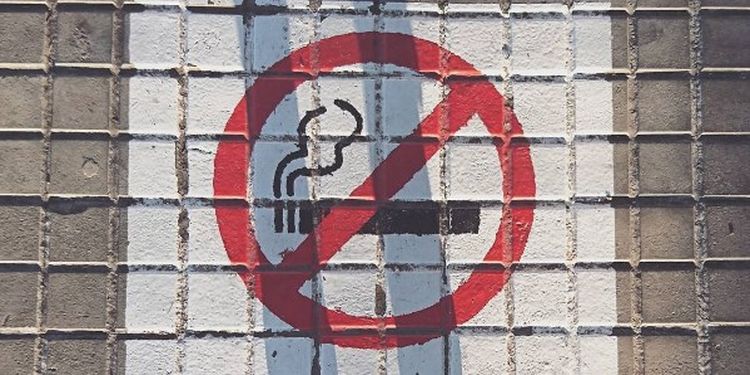
What’s more, if you smoke, drink excessively, regularly take antacids or antibiotics, are pregnant, have a history of infertility or miscarriage, are older than 50, eat strictly vegan or vegetarian, or have anemia, an autoimmune disorder (like pernicious anemia), or a digestive disorder like Crohn’s disease, you’re at a much higher risk of vitamin B12 deficiency.
So, if you fit into one of the above categories and you experience one or more of the symptoms listed above, I highly recommend you consider getting tested for vitamin B12 deficiency.
These tests are common and are available in most laboratories. You can also order your own at DirectLabs.
Dr. Brogan and Dr. Axe both point out that standard tests for B12 deficiency often (up to 50% of the time!) show that people have normal B12 levels when in fact they don’t. If your test results come back showing normal B12 levels, consider getting further testing done.
For further testing, Dr. Axe recommends checking homocysteine levels, and Dr. Brogan recommends checking levels of methylmalonic acid.
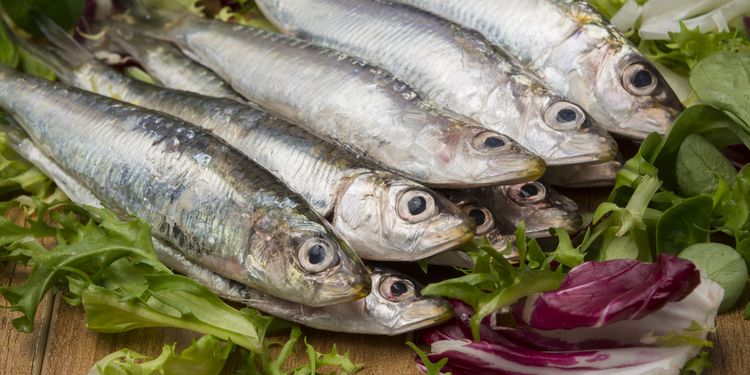
Where Can I Get More B12?
If you test as B12 deficient or simply suspect you may be deficient, there are a few ways to increase your intake of vitamin B12.
Diet
Dr. Axe recommends getting the vitamins you need from natural sources whenever possible.
Foods rich in vitamin B12 include beef and chicken liver, wild-caught fish (salmon, herring, mackerel, sardines, tuna, and trout are the best sources), organic yogurt, raw milk, and grass-fed turkey, lamb, and beef tenderloin.
Unfortunately, research shows that healthy adults typically absorb no more than 50% of the vitamin B12 found in foods, often less! So make sure you’re eating multiple servings of these foods each day.
One important note for vegans/vegetarians: contrary to popular belief, vitamin B12 is found ONLY in animal products. Plant sources commonly held to contain B12 (like seaweed, algae, spirulina, fermented soy, and brewer’s yeast) don’t actually do so.
Studies show that these plant sources actually contain a pseudo form of B12 that blocks the intake of true vitamin B12! So, if you’re vegan or vegetarian, you absolutely need to supplement with vitamin B12.
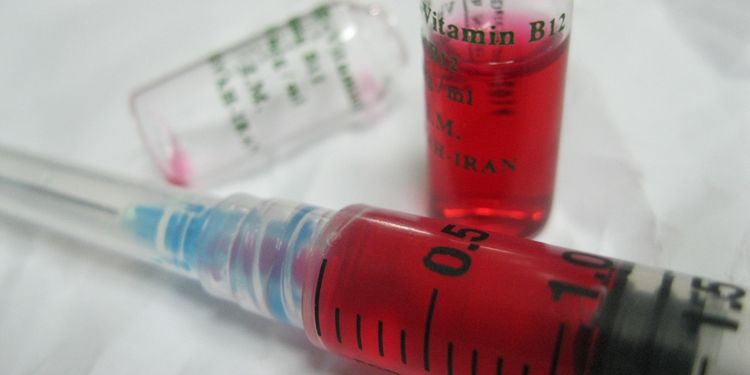
Supplements
Vitamin B12 supplements are available as tablets, oral sprays, or drops placed under the tongue. Dr. Weil recommends taking 50mg a day as part of a B-complex supplement that includes the full spectrum of B vitamins. Dr. Axe recommends that people older than 50 take between 25-100mg each day.
Hydroxycobalamin, methylcobalamin, adenocobalamin, and cyanocobalamin are all viable forms of B12 supplementation. However, research seems to show that methylcobalamin is the best, especially for treating neurological disorders, as it may be better absorbed.
Injections
Vitamin B12 is also available as an injection.
While recent studies show that oral supplements may be just as effective, most experts recommend B12 injections for the most potent health benefits. Dosages depend on your particular health characteristics, though 1000-5000mcg two to three times a week for one or two months is a good place to start.
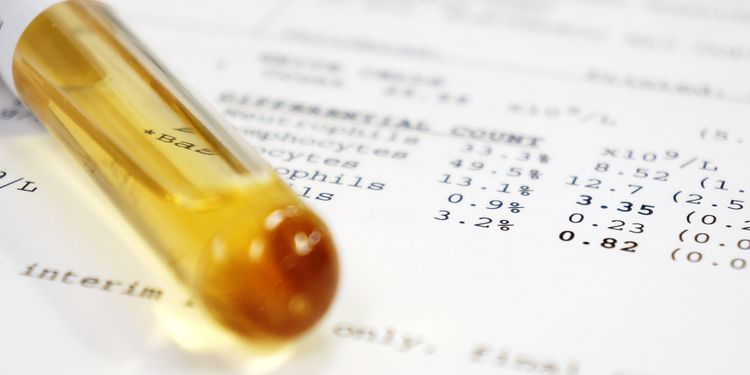
Summary
Vitamin B12 is a powerhouse of good health.
This one nutrient helps maintain energy levels, prevents memory loss, reduces the risk of neurodegenerative disease, boosts mood, keeps your heart and red blood cells healthy, prevents cancer and anemia, and promotes healthy skin, hair, and digestion.
If you struggle with chronic fatigue, memory loss, or any of the above-mentioned symptoms or find yourself in one of the categories of people at higher risk of B12 deficiency, consider getting tested and starting a supplemental routine.
Even if you experience none of the symptoms of B12 deficiency, it’s in your best interest to make sure you’re providing your body with enough of this powerful nutrient!
If nothing else, I recommend adding some new, B12-rich foods to your diet.
There’s something to be said for expanding your menu and improving your health at the same time!
